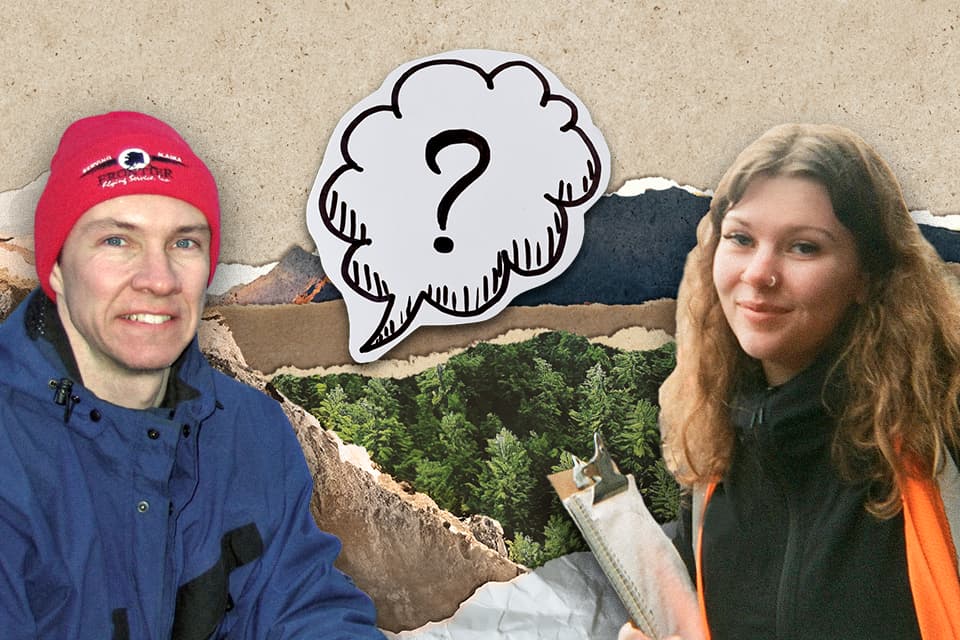2024: A Year in Review
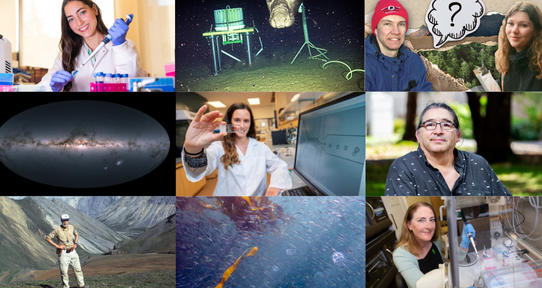
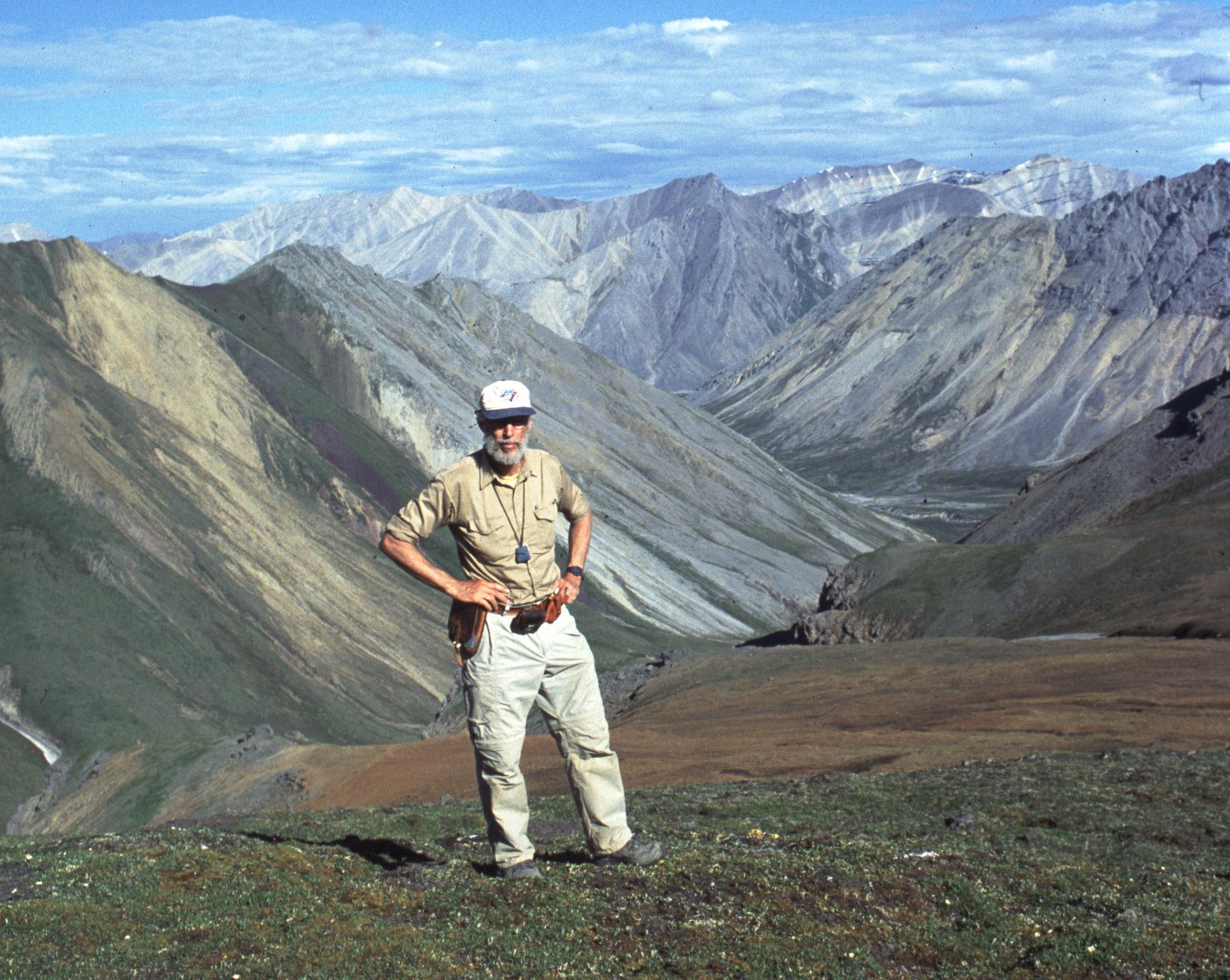
In June, Paul Hoffman, adjunct professor in the School of Earth & Ocean Sciences, was awarded the Kyoto Prize in Basic Sciences by the Inamori Foundation for his profound influence on our understanding of Earth’s early history. The Kyoto Prize is an international award presented to individuals who have made significant contributions in the fields of science and technology, as well as the arts and philosophy, and is widely considered to be the Japanese equivalent of the Nobel Prize. Hoffman was recognized for his groundbreaking achievements regarding global freezing and plate tectonics in the deep past.
UVic post-doctoral fellow Simon Blouin published research in Nature that challenged the long-held theory that white dwarf stars are "dead stars" that continuously cool down over time. Using data from the European Space Agency’s Gaia satellite, he and his collaborators revealed why a population of white dwarf stars stopped cooling for more than eight billion years.
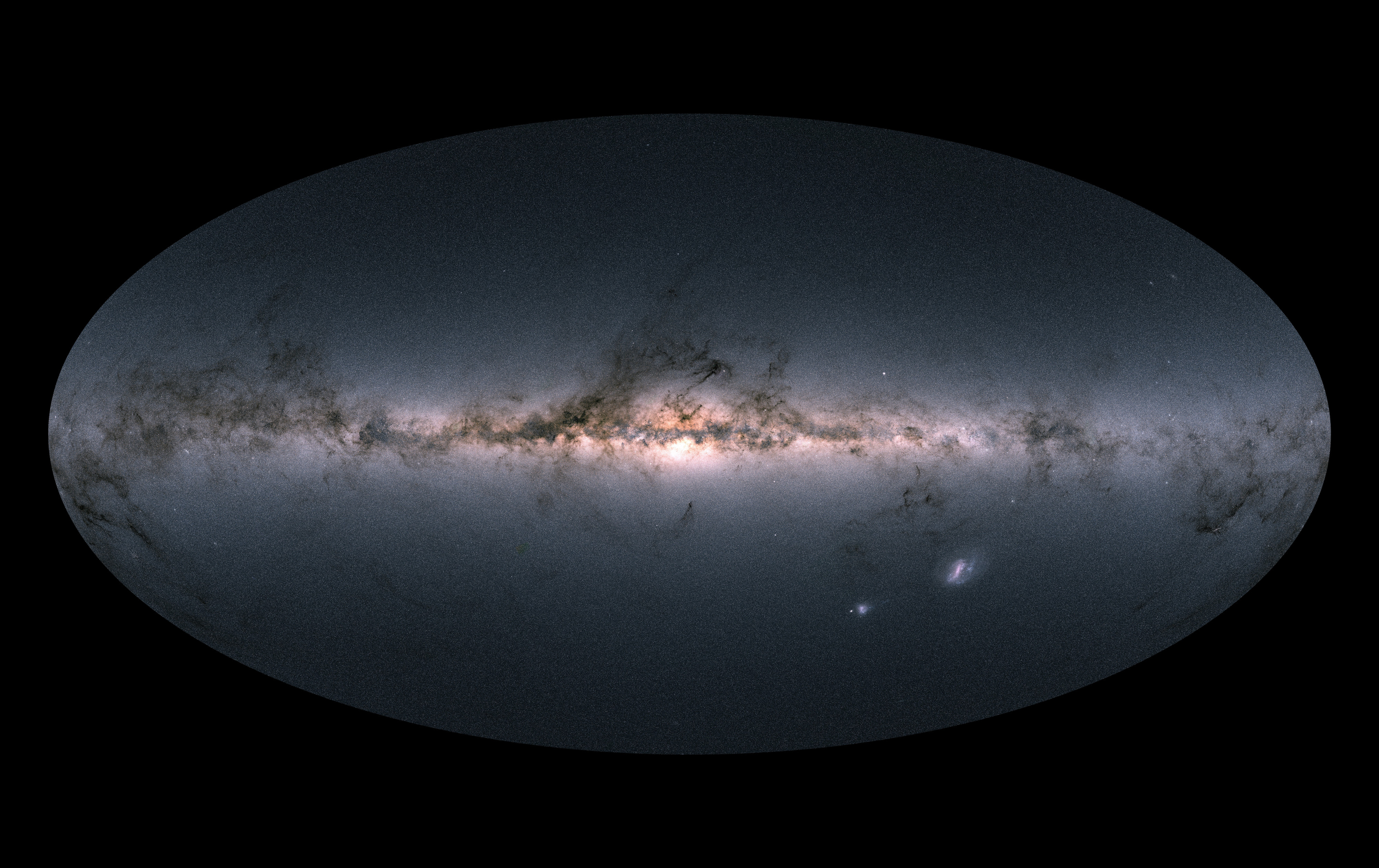
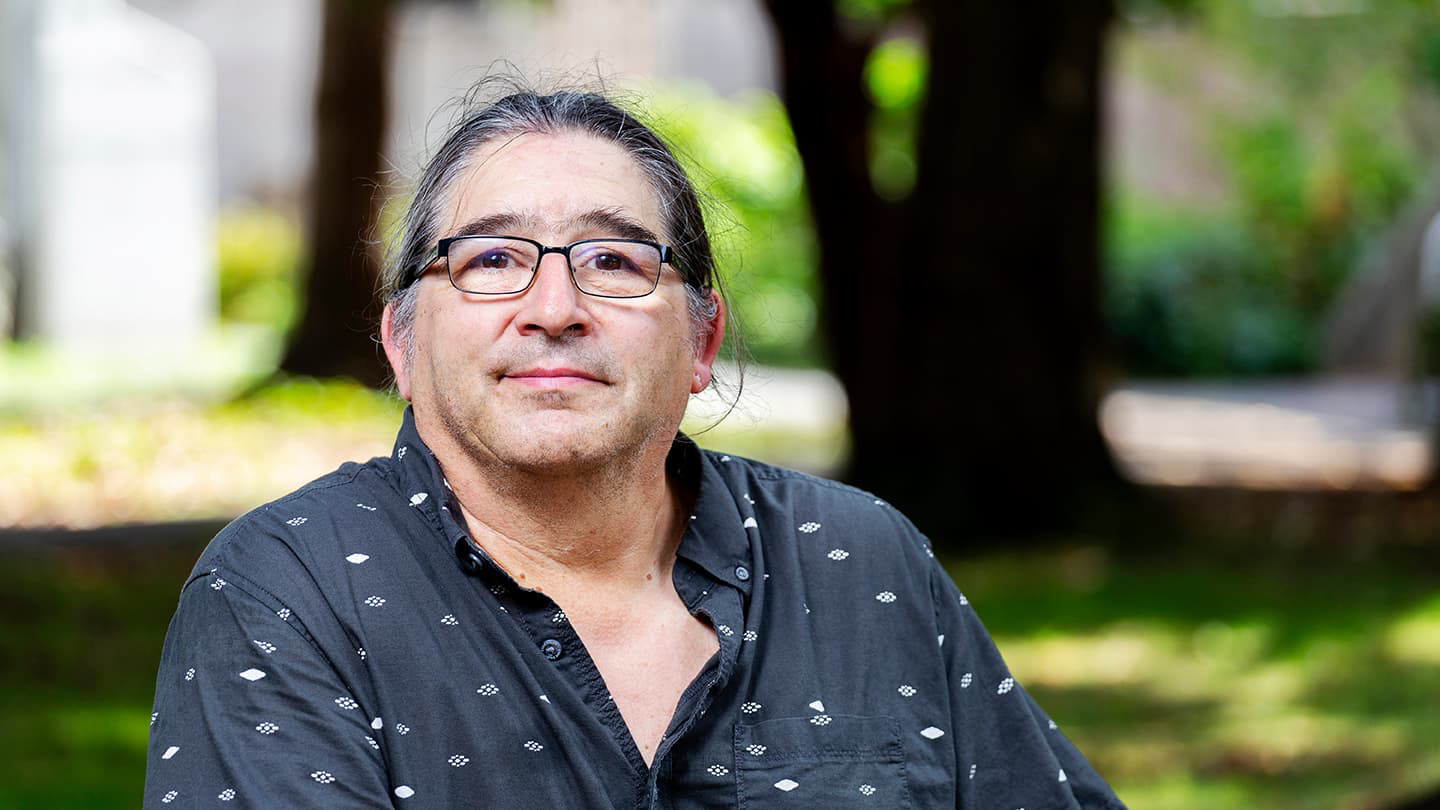
Biology professor Francis Juanes has been making a splash this year. The Liber Ero Chair for Fisheries, who studies the ecology and dynamics of aquatic animals, has been recognized with three prestigious awards in 2024. He has received the CUFA-BC Paz Buttedahl Career Achievement Award, the Timothy R. Parsons Medal from Fisheries and Oceans Canada and the Award of Excellence from the American Fisheries Society.
UVic microbiologist Caroline Cameron received a US$7.8 million grant from the National Institutes of Health (NIH) in the US to work on a vaccine that would prevent infectious and congenital syphilis. Javier Alfaro, David Goodlett and Helena Petrosova also received grant funding for syphilis-related work this year.
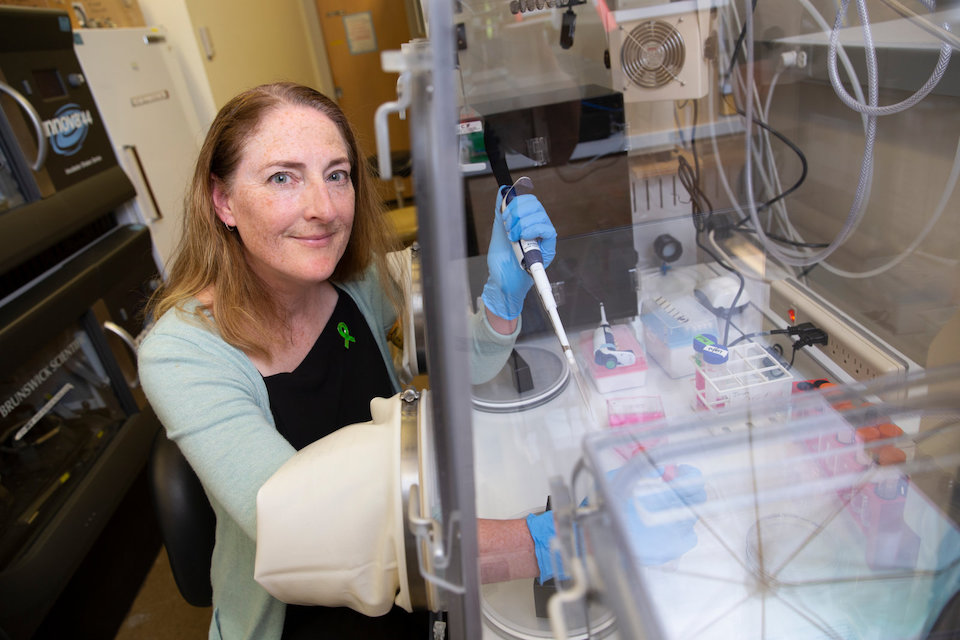

UVic marine ecologist Amanda Bates and her collaborators analyzed over 230 fisheries world-wide and found that their sustainability is likely overstated, with previous estimates of the number of fish in the ocean being too optimistic. The study was published in Science and could have implications for the management and long-term sustainability of fisheries.
Thirty-two researchers from the Faculty of Science received a combined $7,460,035 in NSERC research funding in June this year. 87.5% of NSERC Discovery grant applications were funded, well over the national average of 63%. The funding will support research projects across UVic's impact areas, including climate and health, as well as particle physics, galaxies, ocean physics, pure and applied mathematics and earth sciences.
Learn about the research funded by these grants

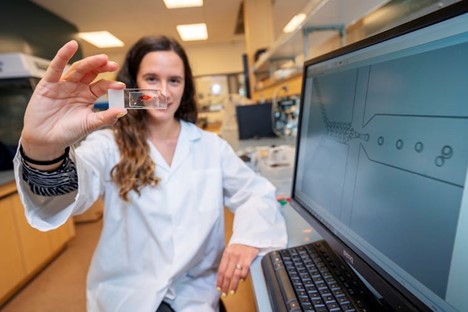
UVic chemist Katherine Elvira has been collaborating with local brewery Phillips Brewing and Malting Co. to advance the science of brewing. Elvira's lab, which focuses on lab-on-a-chip, or microfluidic, devices, has developed a device that can investigate how we can add more hop flavour to beer by making oil-in-beer emulsions. Five different undergraduate students participated in this industry collaboration.
UVic microbiology student Shaeleen Mihalynuk was named a 2025 Rhodes Scholar and will be heading to England's Oxford University next fall. Shaeleen has been involved in the fight against antibiotic resistance, is a budding biotech entrepreneur, and is an active dancer and leader at the Veselka Ukrainian Dance Association. Shaeleen is the fourth UVic Rhodes Scholar in a row to come from the Faculty of Science.
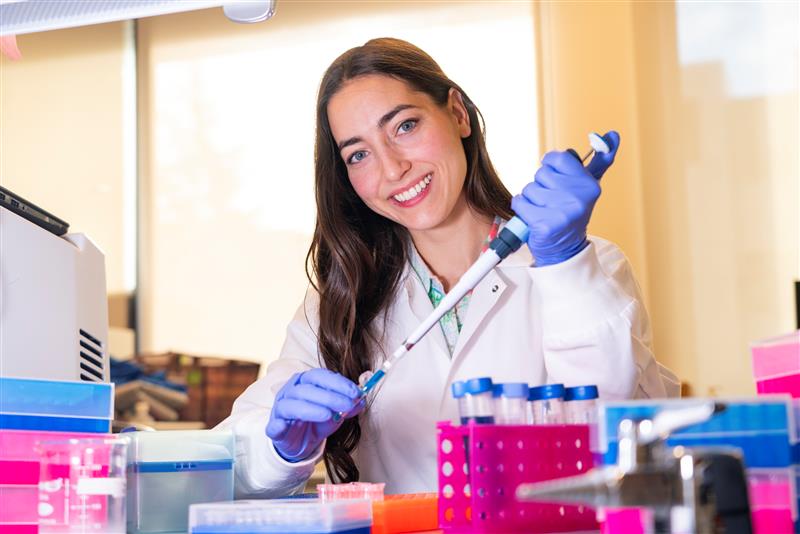
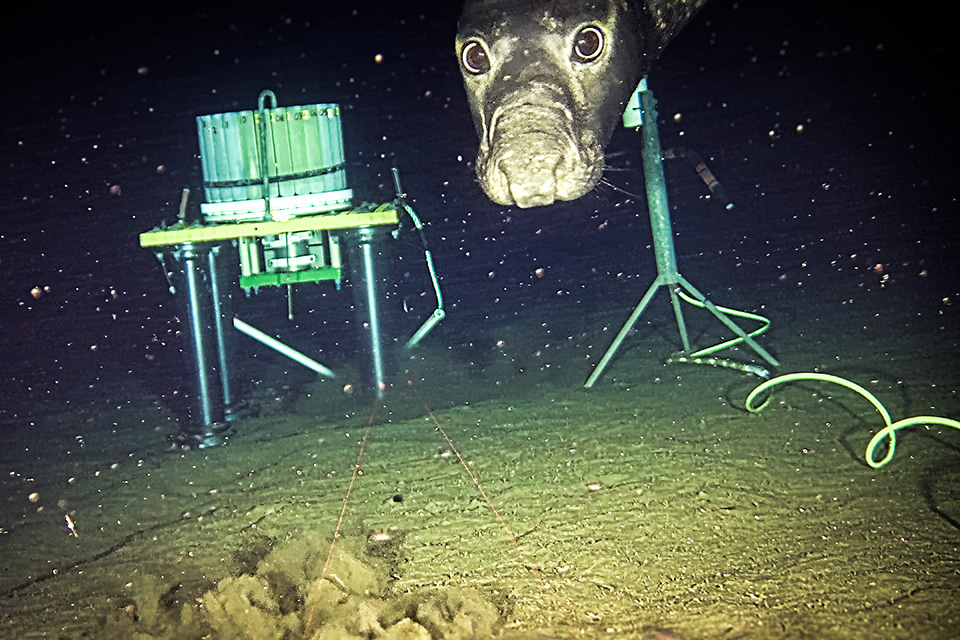
Research by UVic visiting professor Héloïse Frouin-Mouy found that northern elephant seals have been using sonar from an Ocean Networks Canada observatory as a dinner bell. Researchers suspect the seals have learned to associate the sonar with the presence of food, and have been taking advantage of the research equipment.
Our BSc in Climate Science turned one this year! Partway through the year, we sat down with climate science student Camryn Thompson and the co-developer of the program and chair of the geography department, David Atkinson, to talk about the program and how it's going.
